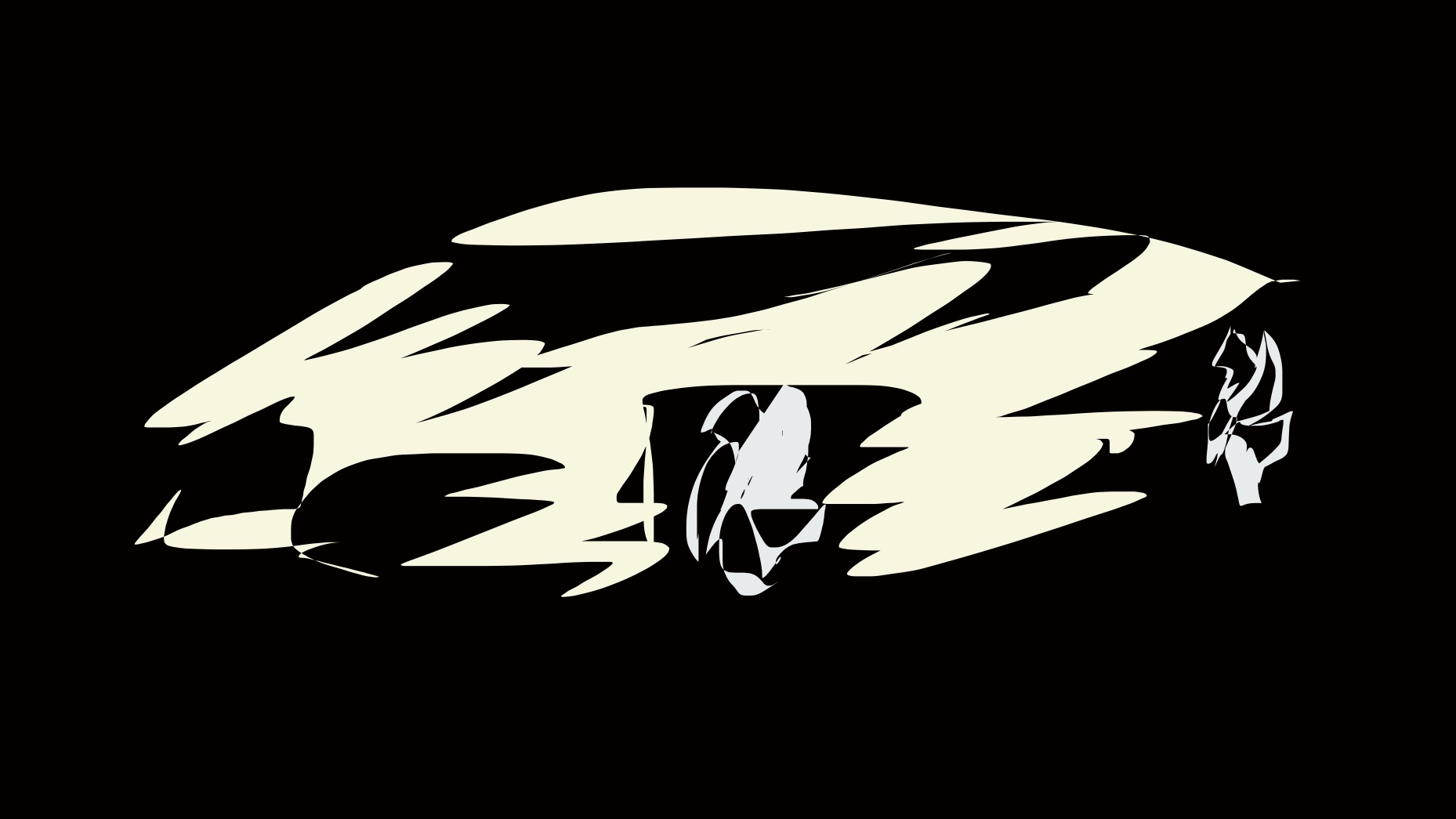Why own different or rare stuff?
To continue asking yourself philosophical questions, have a quick chat with my new Zen of Eric Chat Bot (Facebook messenger, currently only available in the States, soon to be rolled out internationally).
Why does something become less cool once everyone owns it?









I’m quite certain that Tesla (Model S, Model 3) is the best best car ever made. I think they’re super cool.
But after living in Bay Area for a few months (and seeing everyone in San Jose and Palo Alto with one), they become a lot less cool. Why? Everyone has got one.
Which makes me wonder — why is so much of the “coolness” of something based on the rarity? And also — what is the point of owning rare and unique things? What is our real goal here?
Why we like rare.

Since Iliad times, rare and unique objects were desired. The heroes of the Iliad were rewarded with rare objects, one of a kind objects which were either acquired in plundering certain cities or made via skilled craftsmen.
There are also things highly desired — like the armor of Achilles. But why this obsession with rare and beautiful objects?
1. We desire to distinguish ourselves?

The first hypothesis:
Perhaps we desire to own rare objects and things in order to distinguish ourselves as being more unique, powerful, and ‘worthy’ than others.
All societies in human time have prized wealth as one of the highest goods (although philosophers have always scorned wealth). From a naturalistic perspective it makes sense: having more money and wealth meant you had more food, shelter, chances of survival, and ability to procreate more children (more wives, more possessions, etc).
But then comes the question: by possessing rare, expensive, or unique things — does this actually make us richer, more wealthy, and more influential?
2. Does owning rare stuff open up opportunities to make us wealthier?



Yes and no. Let us say you are poor, working class, or middle-class, and you want to jump social classes and become richer. Certainly the adage: “Your network is your networth” holds true (or the other saying, ‘It’s not what you know, it’s who you know.’).
For example, let us say you get a Rolex and you join a rare watch collection club. Of course these dudes will be rich– and perhaps open up new wealth-making opportunities for you. Same goes if you own a Ferrari, Lamborghini, or any exotic car. Rich guys congregate together, and conspire together (how everyone can become richer together).





I know firsthand that buying a Leica opened a lot of new opportunities to me (status-building, wealth-building, building a network of more rich/powerful/influential peoples).
If you’re a real estate agent trying to sell homes to clients, you would probably look more trustworthy if you show up in a Mercedes than showing up in a Toyota Camry. People often use material possessions as a shortcut of your legitimacy, your wealth, influence, and power.
But if you don’t need anything from anyone else– why have these status symbols and totems of power?
3. Do you like the things for what they symbolize, how they make you feel, or for the sake of ownership?

I guess this is the sincere question you must ask yourself.
For example, I have this really epic old-school Rolex I inherited from my grandfather (1950’s era, Oyster Perpetual) in stainless steel (my friend Don told me this is very rare). Anyways, it is worth a bunch of money, and it looks pretty cool. But I don’t really like to wear it. Why? Partly the anxiety of someone chopping off my wrist, but mostly the annoyance of wearing a watch. I feel less free and nimble with a watch. Therefore although I could wear it to ‘flex’, I prize my own comfort and personal convenience than caring about flexing to others.
4. Who is the tastemaker?

Also the problem is this:
Our tastes are often super-imposed upon us by others.
We are told how to dress, how to pair our wine with our meats, and all these other lifestyle things. But how rarely do we ask ourselves:
Am I getting suckered into following this certain taste, or do I genuinely like the taste (without outside influence)?
For example, I love the Yeezy sneakers. Many people like the Jordan sneakers, but as a kid — I never desired them (never though they looked that cool). For myself, a way to determine my tastes:
Hold back, linger, be slow on adopting new things, procrastinate from the hype. Then let time do her magic.
The more time you have, the more clarity you gain in your life decisions and lifestyle preferences.
5. I just want to encourage people to think for themselves

Think for yourself, dictate and determine your own tastes. To do this:
- Hang back (don’t decide immediately)
- Harness ‘wise/purposeful procrastination‘
- Be very vocal about your personal criticisms
- Avoid online websites and blogs on news and certain topics; let yourself be your own filter (and call out B.S. what you consider B.S.)
And ultimately, you want others to admire you for your virtues, your courage, your audacity, and your brazenness (not your stuff). Ultimately we admire Steve Jobs for his fanaticism on perfection and simplicity, we admire Elon Musk for his epic brazen thinking, we admire Kanye West for being so outspoken, and we admire the heroes of Homer for their courage in battle.
So ultimately let your character and actions be what distinguishes you!
BRAZE ON!
ERIC
Philosophy by KIM

Dictate your meaning and purpose in your life with ZEN OF ERIC:
Philosophical Essays
- The Joy of Uncertainty
- How Should I Best Use My Time and Life?
- A Life Without Pain or Suffering Isn’t a Life Worth Living
- Free or Unfree?
- What Do You Really Care For in Life?
- Anti-Satisfaction in Life
- Why Think?
- The Eternal Return
- Only Do What is Best for You!
- Truthiness
- Why Be Happy?
- Permissionless Living
- In Praise of Unconventional Wisdom
- Become the Change Which You Wish to See in the World
- Happiness
- Beyond Freedom
- Idolize People, Not Stuff
- What Makes You Stronger? What Makes You Weaker?
- Why Hate?
- The Secret of Happiness
- You’re Constantly in a State of Becoming
- Life is about Choices, Not Obligations
- Anti-Nihilism
- First, Do What is Best for You.
- Live Dynamic
- How to Prosper
- Is the Point of Life to Be Satisfied?
- SUPREME EFFORT OF WILL.
- How to Become more Idealistic
- Thrivival 101
- Create Yourself
- Non-Small
- Inspiration
- How to Live a Heroic Life: Dare the Heights!
- Human Augmentation
- Prune
- Happiness: Do What You Want to Do (And Don’t Do What You Don’t Want to Do)
- Avoid Vain (Empty) Pursuits in Life
- Modern Slavery
- Kill the Leeches
- Wisdom Augmentation
- Why We Need Friction in Life
- Straight Line Philosophy
- What’s Your End-Game in Life?
- Create Your Own Happiness Today
- Desire Both Pain and Pleasure in Life
- Try the Impossible
- SELF-RESPECT
- Anti-Social Extrovert
- Never Blame Anybody But Yourself
- Human Flourishing
- Simpler, Not Better.
- How to be Free
- Embrace the Extremes
- Cultivate Your Own Culture
- COURAGE.
- Thrivival
- Inner Power
- How to Live a Purposeful Life
- My Definition of Happiness
- Why Change is Good
- Why Work?
- How to Live the Happiest Possible Life
- The Two-Pronged Approach to Maximize Joy in Your Life
- You Always Have Another Option!
- INFINITISM
- Never Stop!
- What is Your Self-Directed Purpose in Life?
- Live Today Like it Were Your Last
- Do You Photograph to Live, or Live to Photograph?
- ARTIST-PHILOSOPHER
- Live Life to the Fullest!
- In Praise of Selfishness
- Why You Must Be a YAY-SAYER to Succeed in Entrepreneurship and Life
- Why I Love Walking
- Live Life Like a Video Game!
- Simple Luxuries in Life
- Treat Your Life Like a Fun Experiment!
- Only Prove it to Yourself
- You Don’t Always Need to Feel Joyful to Live a Fulfilling and Meaningful Life
- Life is Too Short to Be Bored!
- Money Cannot Destroy Boredom
- How to Find Inspiration in Life
- Why You Must Ignore Haters to Succeed and Win in Life
- An Active Life is a Happy Life
- My Simple Joys in Life
- Never Stop Striving
- How to Motivate Yourself in Life
- How to Be Optimistic in Life
- How to Dictate Your Purpose in Life
- In Praise of a Dynamic Life
- PURPOSE.
- How to Enjoy Life
- Photography Therapy
- How to Conquer Regret
- Take Your Play Very Seriously.
- How to Prosper
- Memento Vivere
- Destroy in Order to CREATE
- Trust Your Body More Than Your Mind
- Make Photos to Make Meaning in Your Life
- Seek Knowledge, Not Information
- The Purpose of Human Life
- How to Overcome Impedence
- Why I Love Death
- How to Be Centered in the Eternal Now
- How to Be Happy
- Why Do You Care What Others Think of You?
- Why I’m Happy
- Why?
- Why I’m So Prolific
- How to Reduce LAG in Life
Masters of Philosophy »
Personal Philosophy »
Stoicism »
- How to Be a Stoic Street Photographer
- How to Use Photography as Self-Therapy
- How to Free Your Soul From Disturbance
Zen Philosophy »
- How to Be a Zen Street Photographer
- Zen in the Art of Street Photography
- How to Find Tranquility in Your Photography
Life Lessons »
Learn more: Start Here >

